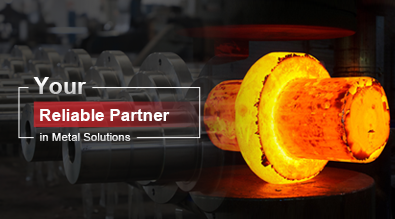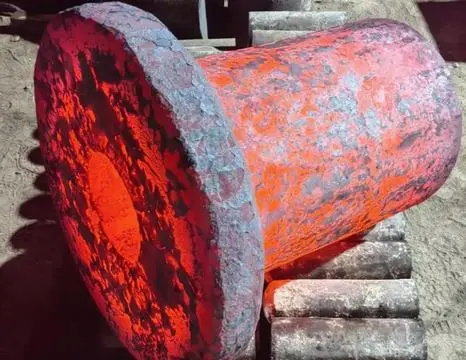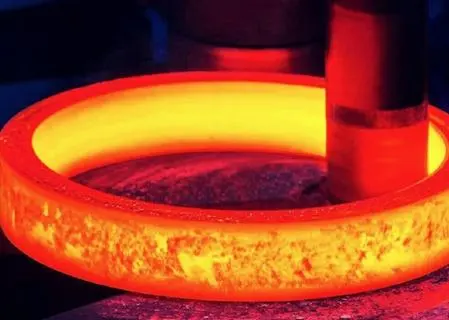Essential Safety Training for Furnace Roll Operators
Personal Protective Equipment (PPE) and Safety Protocols
Safety is of utmost importance when working with furnace rolls, as the extreme temperatures, heavy machinery, and potential hazards pose significant risks to operators. A comprehensive safety program must include thorough training on the proper use of Personal Protective Equipment (PPE) designed specifically for high-temperature environments. PPE serves as the first line of defense in preventing injuries, burns, or other heat-related incidents.
Operators must be educated on the types of PPE required for various tasks involving furnace rolls. This includes heat-resistant clothing, which protects against direct exposure to high temperatures and radiant heat from the furnace. Heat-resistant gloves are also essential to shield the hands from burns while handling materials or adjusting equipment in hot areas. Depending on the specific work environment, operators may also need to wear face shields or goggles to protect their eyes from splashes of hot materials, sparks, or intense heat exposure.
Emergency Response and First Aid
Even with the best safety protocols in place, emergencies can still occur when working with furnace rolls. Operators must be well-prepared to handle unexpected situations, such as equipment malfunctions, fires, or personal injuries. To minimize risks and prevent further damage, operators should undergo training that includes emergency response procedures and first aid techniques tailored to heat-related injuries.
Emergency shutdown procedures are an essential part of furnace roll operations. Operators must be familiar with the steps to safely power down the equipment in case of malfunction, fire, or any other emergency situation. This training should also include information on identifying potential hazards that may require an emergency shutdown and how to handle the equipment without exacerbating the problem.
Heat Stress Management
Working in proximity to furnaces exposes operators to significant heat stress risks. Training must cover recognizing the signs of heat-related illnesses, implementing proper work-rest cycles, and maintaining adequate hydration. Operators should be educated on the importance of acclimatization and how to monitor their own and their colleagues' well-being in high-temperature work environments.
Technical Training for Furnace Roll Operation and Maintenance
Furnace Roll Design and Functionality
A solid understanding of furnace roll design and functionality is essential for operators. Training should cover the various types of furnace rolls, their components, and how they function within different furnace systems. This knowledge helps operators make informed decisions during operation and troubleshooting. Emphasis should be placed on the materials used in furnace roll construction and how they behave under extreme heat conditions.
Operational Procedures and Control Systems
Operators must be proficient in the specific operational procedures for the furnace rolls in their facility. This includes training on control systems, temperature monitoring equipment, and any automated processes involved in furnace roll operation. Understanding how to interpret and respond to various system indicators and alarms is crucial for maintaining optimal performance and preventing equipment damage.
Preventive Maintenance and Troubleshooting
Regular maintenance is key to extending the lifespan of furnace rolls and ensuring consistent performance. Operators should be trained in routine inspection techniques, lubrication procedures, and basic maintenance tasks. Additionally, troubleshooting skills are essential for quickly identifying and addressing issues that may arise during operation. This includes understanding common failure modes and their symptoms, as well as the appropriate corrective actions.
Quality Control and Process Optimization Training
Product Quality Standards and Inspection Techniques
Furnace roll operators play a critical role in maintaining product quality. Training should cover the specific quality standards relevant to the products being processed, as well as inspection techniques to identify defects or inconsistencies. Operators need to understand how furnace roll performance impacts product quality and be able to make necessary adjustments to maintain standards.
Process Optimization and Efficiency
To maximize productivity and efficiency, operators should be trained in process optimization techniques specific to furnace roll operations. This includes understanding how to fine-tune operating parameters to achieve optimal results while minimizing energy consumption and wear on equipment. Training should cover data analysis and interpretation skills to help operators make informed decisions based on performance metrics.
Documentation and Reporting Procedures
Accurate documentation is crucial for quality control, maintenance planning, and continuous improvement efforts. Operators should be trained in proper record-keeping procedures, including logging operational data, maintenance activities, and any incidents or anomalies. Understanding how to complete and file necessary reports ensures that important information is communicated effectively across shifts and departments.
In conclusion, comprehensive training for operators working with furnace rolls is essential for maintaining safe, efficient, and high-quality production processes. By covering safety protocols, technical operation and maintenance, and quality control measures, companies can ensure that their operators are well-equipped to handle the challenges of working with these critical industrial components. Investing in thorough training programs not only enhances operational performance but also contributes to a safer work environment and improved product quality. For more information on furnace rolls and related training programs, please contact us at info@welongpost.com.



